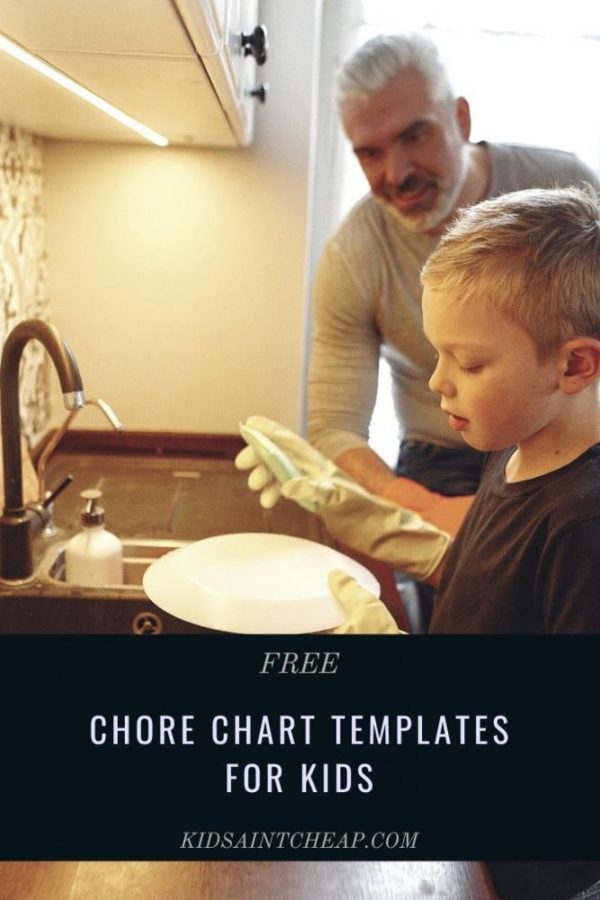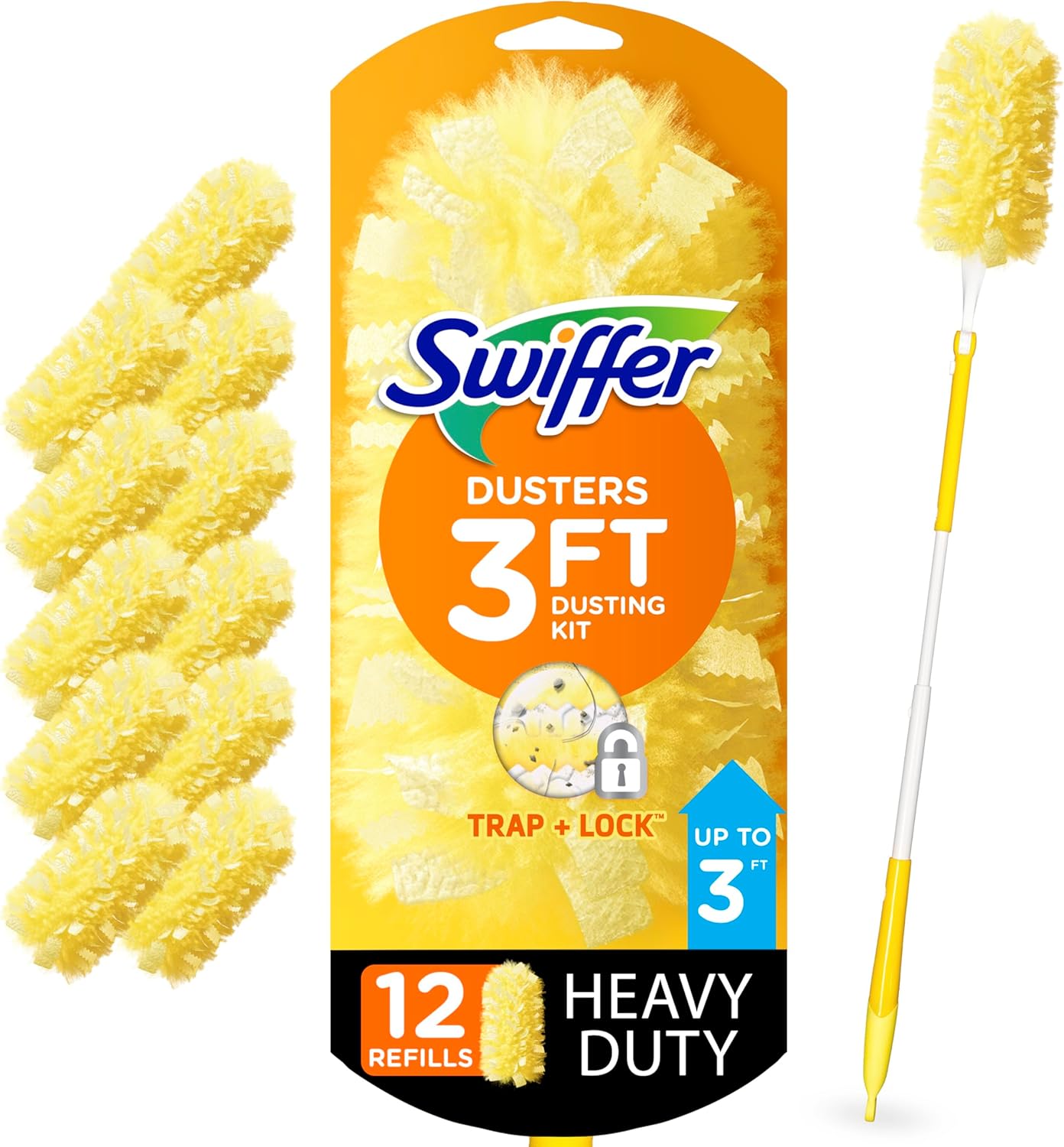
Chores are more than just tasks—they are a vital part of a child’s development. Many parents debate whether enforcing chores is too harsh, but the benefits often extend far beyond a tidy home. In this article, we explore seven compelling reasons why assigning chores to children is crucial for teaching responsibility and life skills. From fostering independence to building a strong work ethic, chores lay the foundation for future success. Let’s dive into why enforcing chores is a key component of effective parenting.
Chores Teach Essential Life Skills
Engaging in household tasks equips children with practical skills necessary for managing a household. Whether it’s cooking, cleaning, or organizing, these responsibilities prepare them for the independence of adult life. Learning how to manage daily tasks builds confidence and self-reliance. When children master these skills, they’re better prepared to handle challenges on their own. This early training in life skills paves the way for a successful future.
Chores Foster Responsibility and Accountability
When children are given chores, they learn that their contributions matter to the household. This practice instills a sense of responsibility by linking effort with outcome. Enforcing chores helps kids understand the value of following through on commitments. It also instills a sense of pride in contributing to the family. As they grow, these lessons in responsibility become foundational for personal and professional success.
Chores Promote Time Management Skills
Balancing chores with schoolwork and play teaches children how to manage their time effectively. They learn to prioritize tasks and develop a structured routine. Effective time management is a critical skill that benefits academic performance and future career success. Consistent routines help reduce stress and improve overall organization. Over time, these practices lead to better efficiency and productivity.
Chores Encourage Teamwork and Collaboration
Participating in household tasks fosters a sense of shared responsibility among family members. It teaches children the importance of working together toward common goals. Collaborative chores, like setting the table or cleaning communal spaces, promote communication and cooperation. This teamwork builds stronger family bonds and helps children understand the value of contributing to a group. These experiences mirror real-world scenarios where collaboration is key to success.
Chores Build a Strong Work Ethic
Regularly completing chores helps children develop a robust work ethic. They learn that success often requires effort and that hard work leads to rewards. A strong work ethic developed early on can lead to better academic performance and career achievements. It also encourages children to take pride in their contributions, no matter how small. Ultimately, a robust work ethic is one of the most valuable gifts a parent can impart.
Chores Enhance Self-Esteem and Confidence
Successfully completing household tasks gives children a tangible sense of accomplishment. This boost in self-esteem is crucial for developing a positive self-image. When kids see that their efforts contribute to the family’s well-being, they feel valued and capable. This positive reinforcement builds confidence that will help them tackle future challenges. Over time, these small victories add up to a resilient and empowered individual.
Chores Teach the Value of Hard Work and Money
Linking chores to allowances or rewards teaches children about the relationship between work and financial gain. They learn that money is earned through effort, not given freely. This understanding encourages responsible spending and saving habits. Children begin to appreciate the value of money and the importance of budgeting. These lessons lay the groundwork for lifelong financial prudence.
The Lifelong Benefits of Enforced Chores
Enforcing chores is not about burdening your child—it’s about preparing them for the realities of adult life. By instilling responsibility, time management, and a strong work ethic, chores offer invaluable lessons that extend beyond the home. A structured approach to household responsibilities paves the way for future success. The benefits of enforced chores are evident in the confidence and independence they foster.
In what ways have enforced chores positively impacted your child’s development? Let us know in the comments below!
Read More:
How Much, If Any, Should You Pay Your Kids For Chores?
The Best Money Lessons Kids Learn From Chores
Tamila McDonald is a U.S. Army veteran with 20 years of service, including five years as a military financial advisor. After retiring from the Army, she spent eight years as an AFCPE-certified personal financial advisor for wounded warriors and their families. Now she writes about personal finance and benefits programs for numerous financial websites.








